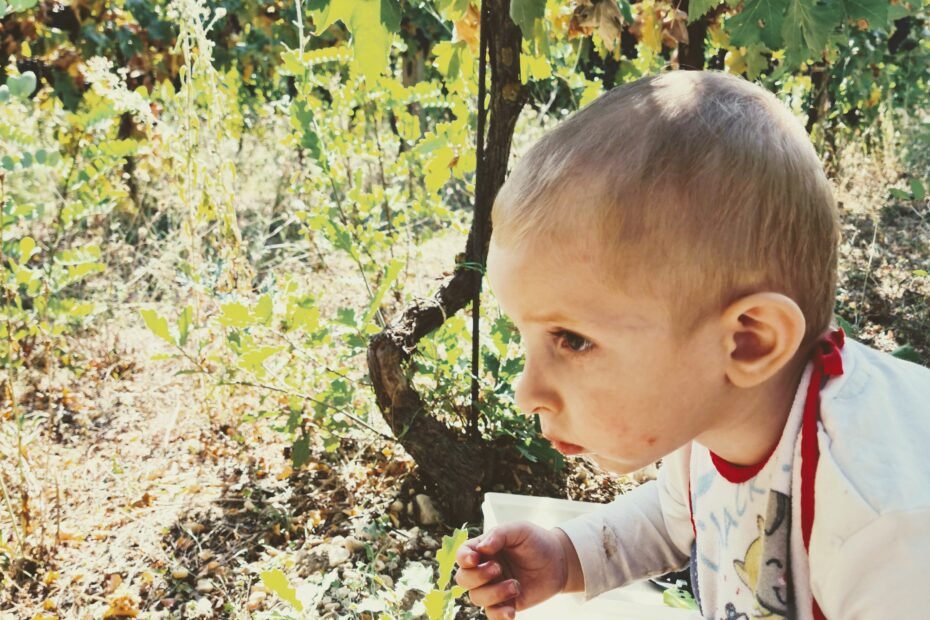Who are you?
MUSIC TO LISTEN TO:”L’ingranaggio, il pelo, l’ingranaggio”, Giorgio Gaber
READING TIME: 6 min.
It may be an obsession or maybe the insomnia I have while I’m writing but it’s no coincidence that I titled this text after a famous song by the Who. Now, for me, is the time of the year when something new is created, the raw material is given shape, a new metamorphosis begins and it is completely normal if doubts, uncertainties and perplexities resurface from the depths of my unconscious, ending up being swallowed up by the vortex of my considerations: What goals do I set myself? What routes will I take? But above all what is my goal?
From an early age they impart to us the knowledge of our abilities, of our “ego”; “nosce te ipsum” the Latins would say, through study, education as freedom of learning, the pleasure of discovery which gives rise to the sense of wanting, aspiring to something, having an end in sight, a desire. Well, so far nothing so transcendental, it is one of the most fascinating characteristics of the human being. The search for oneself.
Could all this create some conditioning? Like every year in September I was in the vineyard to carry out the classic ripening checks in my vineyard, but driven by the desire to involve my son in picking up some grapes between his little fingers, I was struck by his curious and inquiring gaze towards something that was completely new to him.

We begin as children to discover the world around us, guided by the instinct of curiosity, as in the myth of Pandora. Only later do we understand the effect of our action, of our being. We look for ourselves and reflect our ego on what belongs to us, on what represents us. Nothing more natural but the effects are not in vain. Sometimes we go further, driven by the fascination of free will that foments our spirits as if it were “Garbino” blowing on a burning pine forest. But all this does not happen without fears.
Very dangerous, but what would we be if we were always slaves to our fears?
Perhaps we should act as Friedrich Nietzsche claims in the pages of one of his many masterpieces, “Ecce Homo”: “To become what you are, you have to start from the assumption that you don’t even have a distant idea of what you are. From this point of view, even life’s missteps, temporary detours, lost ways, hesitations have their own meaning and value… Forgetting yourself, as if we were disinterested instincts, becomes the solution to self-preservation, to selfishness because there can be no greater danger than meeting yourself face to face with the same task in life.”
After all, for me it’s a bit like making wine. Attempts, expedients, convictions, obvious errors and perplexities aimed at the desire to express oneself in achieving the goals set through a medium, an extension of our being: a bottle of wine. It would be foolish to think that it serves only to satisfy our senses.

For example, let’s imagine a bottle of wine without a label, it has immense value in your eyes until you realize that it can only be an end in itself if you don’t dress it with a meaning, with an icon that is understandable in the eyes of others. Only then does it acquire an objective value, recognizable by all and shareable. They are not delusions of protagonism. In reality, I see an innate desire to communicate ourselves by assigning the right value to our actions. And then yes! We give free rein to our creativity with alcoholic fermentations of all types: natural, conventional, with wild yeasts, with “educated” yeasts, with “alien” yeasts (maybe? Boh). It doesn’t end there: macerated wines, forgotten wines, abused wines, conceptual wines and why not, dogmatic wines. Wines so dense that they can be cut with a knife, wines that are too fleeting and dazzle as if they were fireworks. In any case, wines that represent us if someone understands their true value.
Not long ago I followed an interesting debate between the well-known influencer Marco Montemagno and the multifaceted Prof. Umberto Galimberti. Speaking of contemporary society, the professor addressed the importance of the concept of identity and its metamorphosis nowadays by recalling the ancient Hellenic culture. He quoted: “The ancient Greeks knew it well, identity is the fruit of recognition, it is a social gift. Aristotle maintained that if an individual entering the Polis thought he could do without the others, either he was a beast or he was God. So much so that even God might not be happy because he is monachòs, or solitary”; That’s why, pleasantly observed the Professor, perhaps he needs the prayers of men to keep him company a little! Instead, nowadays the concept of identity has changed, observed the Prof. with a philosophical “eye”, the result of a current society based mainly on efficiency and productivity, of a system that instigates to obtain the maximum goals with the minimum effort. The continuous search for perfection that pushes self-esteem and the sense of identity to compete with the ability to feel adequate to the system, to feel part of it. A cursed magnetic gear that drags you away. Technique, ration become a tool for the mere achievement of a single goal, no more than an introspective investigation that makes it difficult to even ask yourself if you are still capable of acting with passion, with love.
I believe that if the purpose of appearing is to show one’s abilities as a result of personal and professional growth, the aim is impeccable. On the other hand, professional growth is always an opportunity for identity growth, but I recognize that sometimes the “permeable” border between living and working gets thinner, ending up forgetting the differences.
Unfortunately like this, even in my world, wines can be born without identity, without soul, “replicating” wines which are now inside the mechanism, which know how to show off, but which do not leave their mark because they are probably the fruit of a perfect and disinterested work . We should think of them with a more “funky”, informal and bizarre spirit as dear Mr. Hamish, a nice Australian wild boy who accompanied me in this long and intense 2021 harvest, would like.
Mr. Hamish does not disdain technicalities, he observes them and every time he says: “my worst enemy!”
Mr. Hamish doesn’t ask himself whether the taste of a wine reflects pre-established canons, he simply doesn’t give a damn. Like when he wears his leather sandals with Argentine Alpaca socks to go out in the evening. Bizarre isn’t it?
Mr. Hamish doesn’t bother to figure out whether or not he can like his way of acting, what its effects will be, where they will take him.
Sara because now she is too young, but the time will probably come for him to ask himself: what is the price to pay to show one’s identity?
Hard to say…
Maybe, this time I should rely on the words of a great discoverer of reality, Blaise Pascal:
“Imagination has the great gift of persuading man, reason has a good shout but cannot assign a price to things…”




